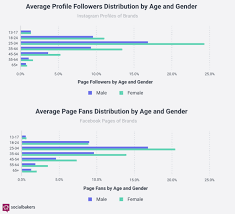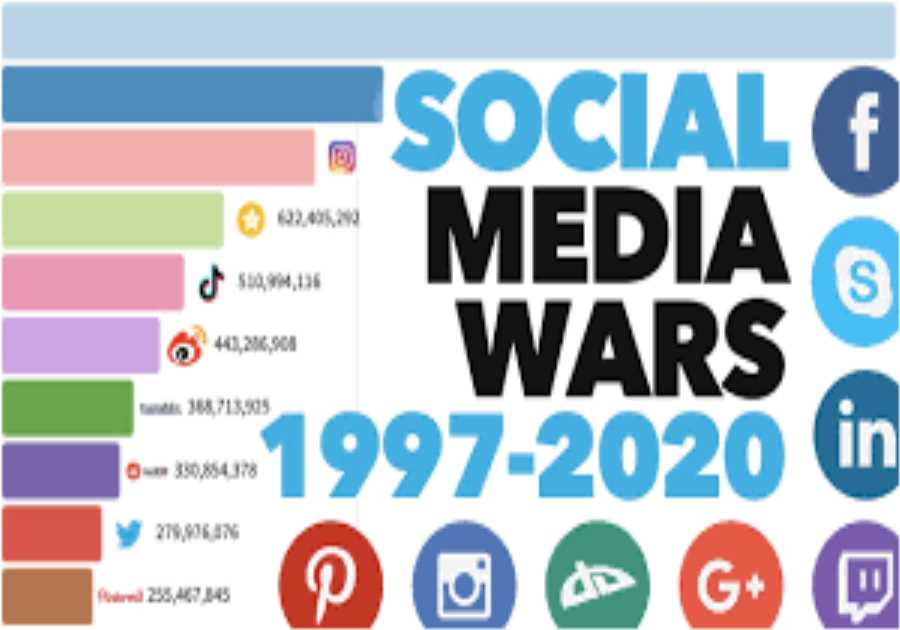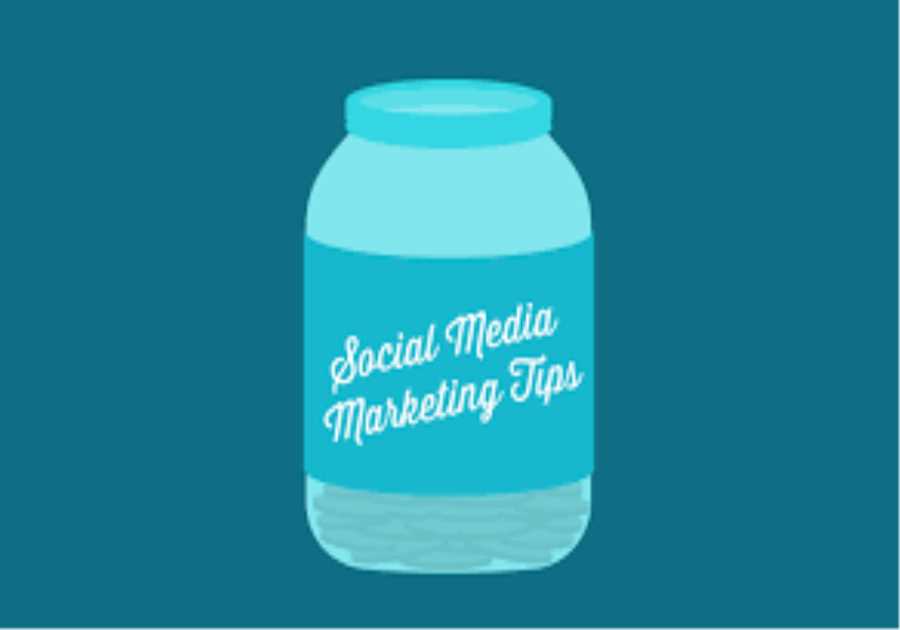
Andrew Forrest is an Australian billionaire who claims Facebook ignored all of his complaints over scammers using its platform for years.
Getty Images n Australian government agency and a billionaire are suing Facebook’s parent company over claims it hasn’t done enough to protect consumers from scams using the names of celebrities on the social media platform.
Andrew Forrest, Australia’s second-richest person, says he tried for years to get Facebook to act as photos of him were plastered across false advertisements on the social media platform, luring users into crypto scams. Forrest claims that thousands of people were deceived by the fake ads and tried to convince Facebook to take them down. However, Forrest says that it was not possible to make Facebook remove them. Forrest also stated that an open letter to Mark Zuckerberg failed to receive any response. “Meanwhile innocent Australians…kept investing under my name,” says Forrest, the founder and chairman of Fortescue Metals Group.
Forrest filed what’s called a “private prosecution” against Meta – Facebook’s new corporate name – under Australian law, which permits individuals to file criminal complaints against other individuals or companies. In the complaint, Forrest alleges that the company’s actions ran afoul of Australian anti-money laundering laws because it didn’t take sufficient steps to stop criminals from using its platform to defraud Australian users with scam ads. In a separate suit, Forrest claimed that Australian Competition and Consumer Commission had also made similar claims, accusing the social media company of engaging in misleading and deceptive behavior by publishing fake advertisements a month later.
These scams do not just occur in Australia. In February 2018, Facebook scam ads featured fake cryptocurrency backed by Tesla and Amazon. Warren Buffett was also included in the ads. In several cases, there were even ads that included an image of Mark Zuckerberg, Meta’s CEO, enticing users to invest in a new “Meta token”.
The claims made by Forrest and the Australian consumer protection agency mark the first time a jurisdiction has attempted to hold Facebook accountable for content published on its site — something the United States has been unwilling to do so far. “Dissatisfaction with the social media platforms is mounting around the world,” says Paul Barrett, NYU Stern Center for Business and Human Rights, “and that the United States is well behind a number of other jurisdictions, Australia being one, the EU being a much larger and influential jurisdiction, that have been moving to greater regulation and oversight.”
In an emailed statement, a Facebook spokesperson said the company has cooperated with the ACCC’s investigation and intends to defend itself against the ongoing litigation. “We don’t want ads seeking to scam people out of money or mislead people on Facebook – they violate our policies and are not good for our community,” the Facebook spokesperson. “We use technology to detect and block scam ads and work to get ahead of scammers’ attempts to evade our detection systems.”
On Monday local time, Facebook was scheduled to appear in an initial hearing for Forrest’s criminal case in a Perth court, but didn’t make an appearance, prompting the court to enter a plea of not guilty on the company’s behalf. Simon Clarke, a member of Forrest’s legal team, says he received a letter from Facebook representatives, stating the company wouldn’t appear because it believed the court didn’t have jurisdiction. The next hearing is set for June 17. “Arguing that even though they make a fortune from Australian people they don’t have to defend themselves in West Australian court,” Forrest says, “that goes to the core of [Meta’s] attitude that our job is just to make money.”
Forrest filed an earlier civil suit in September against the Superior Court of California San Mateo County. It claimed that Facebook helped and abetted fraudulent activity and failed to warn users when it sent targeted scam messages. Facebook’s lawyers responded earlier this month that the company is protected from Forrest’s claims by Section 230 of the federal Communications Decency Act — which absolves liability for internet companies from third-party content published on their platforms — arguing that “organizing, recommending, and amplifying third-party content is Not the same as creating it, and challenging the targeting of content inherently treats a Defendant as a publisher or speaker.” An upcoming hearing is scheduled for April 22.
Forrest is worth $19 million according to Forbes. SMEestimate is part of an elite group that includes celebrities and former New South Wales premiers Mike Baird, David Koch (TV host), and Dick Smith (entrepreneur) who were all included in the fake ads. Forrest discovered that his picture was being used for scam purposes in 2019 after Facebook users approached him to inform them.
According to ACCC, the typical scam ads encouraged users to click on a link to go to a website that offered a fake article. It would contain false quotes and photos of celebrities endorsing the cryptocurrency product. Users were approached by fraudsters after signing up and forced to hand over their money.
Forrest says he was unsuccessful in trying to reach Facebook’s Australian executives, prompting him to write an open letter to Meta CEO Mark Zuckerberg in 2019, who he’d previously met through initiatives linked to the Giving Pledge, a campaign that encourages mega-wealthy individuals to give most of their wealth to philanthropic causes. When Forrest finally heard from Facebook executives in Australia, he says he was given “codswallop” — Australian slang for ‘rubbish’ — that Facebook didn’t have the algorithms to identify scams. “Why wouldn’t you have one person identifying this?” he says. “They refused to do anything that wasn’t algorithmic.”
ACCC claims that a Facebook user suffered $650,000 losses as a result. In many cases, the ACCC alleged, Facebook still didn’t remove the scam ads after being notified by the celebrities implicated in the false ads. In its claim, the agency alleges “the technology of Meta enabled these ads to be targeted to users most likely to engage with the ads,” and that Meta failed to detect and prevent spam and protect its users from scams.
Facebook Australia is facing another legal problem after the ACCC filed its complaint March 18. In 2020, the ACCC sued Facebook for allegedly collecting personal data of users without their permission. In February 2021 Australia passed a law that required Facebook and Google negotiate payment to publishers for content they shared. This caused a stir and Facebook had to close down news services for Australian users. However, it was able to reopen the service after Facebook paid some publishers.
But despite efforts in the U.S. to regulate technology firms — including calls to rewrite Section 230 of the federal Communications Decency Act — the Australian action against Facebook isn’t likely to prompt a “stampede” of litigation in the U.S. over the crypto scams, NYU’s Barrett says. Though, he adds, the litigation Down Under likely won’t be an issue that Facebook can ignore. “There are a lot of people around the world that are unhappy,” he says. “It’s one more whack at the tree.”
The post Australian Celebrities Say Facebook Didn’t Do Enough To Stop Crypto Scams. The Government Agrees. appeared first on Social Media Explorer.






